Age of Iron
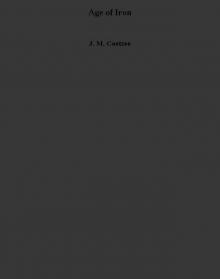

Author: J. M. Coetzee
Category: Literature
Published: 2009
Series:
View: 233
Read OnlineFrom Publishers Weekly Harsh, unflinching and powerful, Coetzee's (Waiting for the Barbarians) new novel is a cry of moral outrage at the legacy that apartheid has created in South Africa. In scenes of stunning ferocity, he depicts the unequal warfare waging between the two races, a conflict in which the balance of power is slowly shifting. An elderly woman's letters to her daughter in America make up the narrative. Near death from rapidly advancing cancer, Cape Town resident Mrs. Curren is a retired university professor and political liberal who has always considered herself a "good person" in deploring the government's obfuscatory and brutal policies, though she has been insulated from the barbarism they produce. When the teenage son of her housekeeper is murdered by the police and his activist friend is also shot by security forces, Mrs. Curren realizes that "now my eyes are open and I can never close them again." The only person to whom she can communicate her anguished feelings of futility and waste is an alcoholic derelict whom she prevails on to be her messenger after her death, by mailing the packet of her letters to her daughter. In them she records the rising tide of militancy among young blacks; brave, defiant and vengeful, they are a generation whose hearts have turned to iron. His metaphors in service to a story that moves with the implacability of a nightmare, Coetzee's own urgent message has never been so cogently delivered. From Library Journal This is the South African novelist's most direct indictment of apartheid yet. It takes the form of a letter-diary from Mrs. Curren, a former classics professor dying of cancer, to her daughter in America. She details a series of strange events that turn her protected middle-class life upside down. A homeless alcoholic appears at her door, eventually becoming her companion and confessor. Her liberal sentiments and her very humanity are tested as she experiences directly the horrors of apartheid. She comes to recognize South Africa as a country in which the rigidity of both sides has led to barbarism and to acknowledge her complicity in upholding the system. Less allegorical than Coetzee's previous novels, this is still richly metaphoric. A brilliant, chilling look at the spiritual costs of apartheid. Recommended.
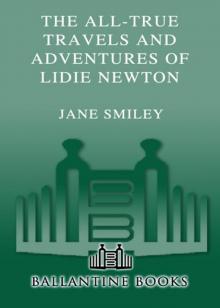 The All-True Travels and Adventures of Lidie Newton
The All-True Travels and Adventures of Lidie Newton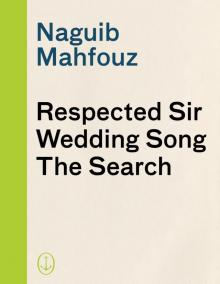 Respected Sir, Wedding Song, the Search
Respected Sir, Wedding Song, the Search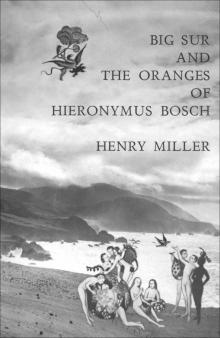 Big Sur and the Oranges of Hieronymus Bosch
Big Sur and the Oranges of Hieronymus Bosch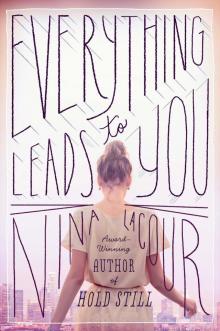 Everything Leads to You
Everything Leads to You Death Comes for the Archbishop
Death Comes for the Archbishop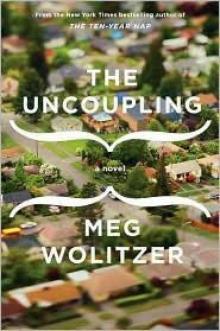 The Uncoupling
The Uncoupling A Peculiar Peril
A Peculiar Peril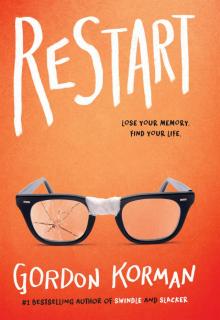 Restart
Restart